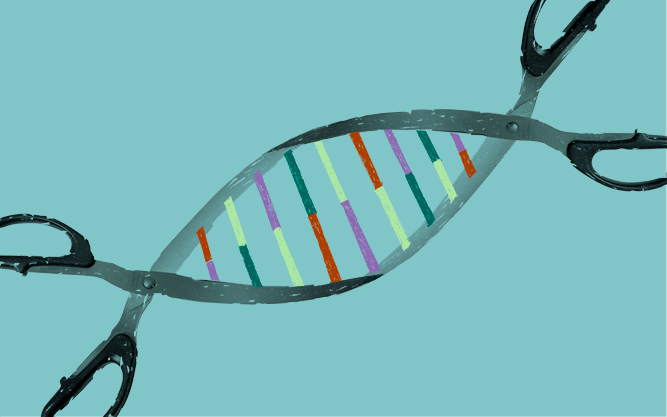 © BRYAN SATALINO
© BRYAN SATALINO
The European Patent Office (EPO) granted a patent for CRISPR-Cas9 applications to Emmanuelle Charpentier, a co-discoverer of CRISPR and the cofounder of ERS Genomics, the University of California, and the University of Vienna. The patent has very broad claims covering the use of the technology and is directed to applications that use a modified version of the Cas9 protein.
This is the second patent issued to the company by the EPO for the gene-editing technology. The first was granted last March for the use of CRISPR across prokaryotic and eukaryotic cells and organisms. The Broad Institute of MIT and Harvard University, on the other hand, has had less luck in Europe—in January, the EPO revoked a foundational patent belonging to the institution because it did ...





















